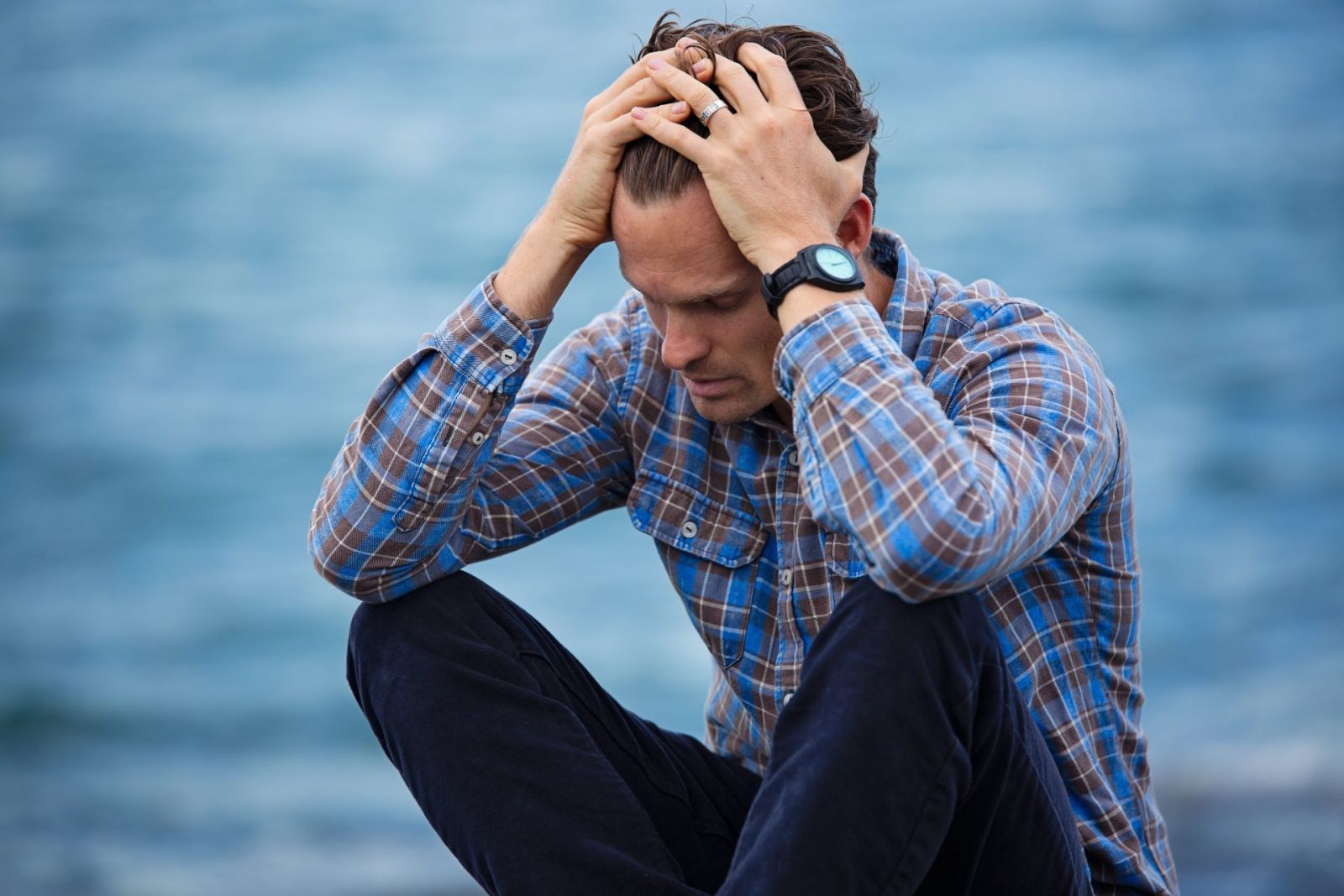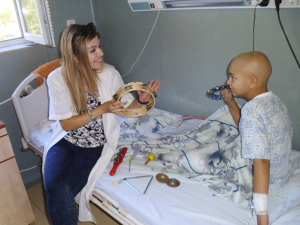
ARTON PROGRAM - The therapeutic power of the group
Creative projects involving group work - general musical performance or group painting, collage, sculpture - are useful in helping to explore and strengthen social...

Anxiety disorders are common in people of all ages. They can range in severity from mild to debilitating. Thankfully, there is help available for those who suffer from anxiety disorders so they can lead healthy, happy lives.
When a person has an anxiety disorder, they may feel fearful or uncertain almost all the time. According to the National Institute of Mental Health, the fear and anxiety that occur due to an anxiety disorder are markedly different than the brief episodes of these feelings that are commonly related to normal events, such as speaking at a public event or meeting a blind date. In most cases, if a person has an anxiety disorder, their anxiety disorder symptoms will persist for more than six months. There are several different types of anxiety disorders.
If you have generalized anxiety disorder, you may feel constantly worried even if there is no real reason to worry about anything. In most cases, this type of anxiety disorder starts when you are in your teens, and its symptoms get worse as you progress through adulthood.
If you suffer from panic attacks, you may have a panic disorder. This condition, which is often marked by extreme anxiety, may cause you to feel panicked about small things, and these feelings may escalate during times of stress. Sadly, many people with panic disorders may struggle with embarrassment. They may feel embarrassed that simple tasks, such as driving a car or shopping for groceries, are difficult and sometimes impossible to do.
Many people think they have obsessive-compulsive disorder if they clean their house obsessively or consistently check their car door after locking it. However, a person with OCD struggles with ending their compulsive desire to repeat the same actions over and over again. In most cases, anxiety disorder symptoms associated with OCD appear during childhood.
If you or someone you love has intense and irrational fears of things that are really not that dangerous, a phobia may be in play. People who suffer from phobias fear all kinds of things. If you have a phobia, you may experience any of the following anxiety disorder symptoms when you are facing something you fear:
According to the Anxiety and Depression Association of America, you may have a social anxiety disorder if you feel afraid of being judged by others. In some cases, your symptoms may be so devastating that they may disrupt your relationships or your daily life. Typically, the onset of this disorder happens at age 13, and over one-third of the people who suffer from this disorder suffer from it for 10 or more years before seeking help.
If you feel you are, or a loved one is, suffering from a social anxiety disorder or any other anxiety disorder, it is time to get help. There is no reason to hide your symptoms or struggle on your own. When you contact us at , our knowledge agents will help you find the treatment program that is right for you.
If you have PTSD, you may feel afraid or stressed when there is no danger present. When a person feels afraid, their body experiences a number of changes that get it ready to protect itself against danger. In dangerous situations, these feelings can be useful. However, when a person has PTSD, their reactions may be damaged to the extent that they feel like the entire world is dangerous.
According to the Mayo Clinic, anxiety disorders can have a number of different causes. Some people are predisposed to anxiety disorders due to their genetic makeup. Others simply cannot handle stress well. In some cases, you may have an anxiety disorder without experiencing any of these causes.
Depending on which type of anxiety disorder you have, its causes and effects may vary. Anxiety disorder symptoms can be emotional or physical in nature.
If you have an anxiety disorder, the strongest emotional symptoms that you may experience are ones related to feelings of fear. You may constantly feel like danger is near, and you may feel like you have little control over your environment.
The physical symptoms of anxiety vary depending upon which type of disorder you have. Some of the symptoms you may notice are:
The effects of anxiety disorders can also vary. Some of the short-term effects you may experience include an inability to complete everyday tasks. The most serious long-term effect is becoming suicidal. According to the University of Maryland Medical Center, nearly 18 percent of people with anxiety disorders may attempt suicide, and nearly 39 percent of people with anxiety disorders harbor suicidal thoughts frequently.
There are several self-assessment tests you can take to help you determine whether or not you suffer from an anxiety disorder. These tests may have questions about the physical symptoms you’ve experienced, such as whether or not your heart frequently feels like it is pounding or whether or not you frequently experience shortness of breath. The tests may also ask you about your fear levels, your ability to relax or how nervous you feel before a panic attack occurs.
Medication can be a very useful tool in the treatment of anxiety disorders. Currently, according to the Anxiety and Depression Association of America, the following types of medications are the most common:
With so many options to choose from, it may seem difficult to make a decision about medication, but your doctor should be able to guide you through this process. Your doctor might try to find a medication that can treat your anxiety as well as any other mental health issues you may have. Your doctor might also encourage you to attend therapy sessions in addition to taking medication.
Unfortunately, there are side effects associated with each of these medications. Depending on the medication your doctor prescribes, you may experience any of the following side effects:
Unfortunately, it is possible to become dependent on certain drugs. For instance, if you take a medication from the benzodiazepine group, your body may get acclimated to it, and you may need to take higher doses in order for the drug to be effective. In some cases, this can cause dependence. If this occurs, you may experience withdrawal symptoms, and you may need to contact a doctor.
If your doctor prescribes medication to you, it is critical that you follow the dosage instructions carefully. Taking too much of any medication increases your risk of an overdose.
If you have an anxiety disorder, you may also suffer from depression. In some cases, it may be impossible to distinguish the symptoms of depression from the symptoms of the anxiety disorder. However, a professional can help you treat both issues.
Unfortunately, many people with anxiety disorders are at risk of developing an addiction to alcohol or other substances, according to the University of Maryland Medical Center. If you are seeking treatment for an anxiety disorder and also feel like you have a substance abuse problem, try to find a facility that can help you treat both these issues.
If you think that you are, or a loved one is, suffering from an anxiety disorder, you should not wait to get help. When you call us at , our representatives will answer your questions and help you locate a treatment facility. The entire process is confidential.

Creative projects involving group work - general musical performance or group painting, collage, sculpture - are useful in helping to explore and strengthen social...

In the ARTON Program our team of oncopsychologists, art therapists and music therapists develops the process of children's creativity as a process of...

In ARTON sessions, creating a piece of music or a song is an emotional experience of coping and satisfaction for the participating children. They make friends with...

Painting provides patients with a spontaneous, plastic method of depicting thoughts and experiences. Painting with paints is not as structured as with pencil or...










